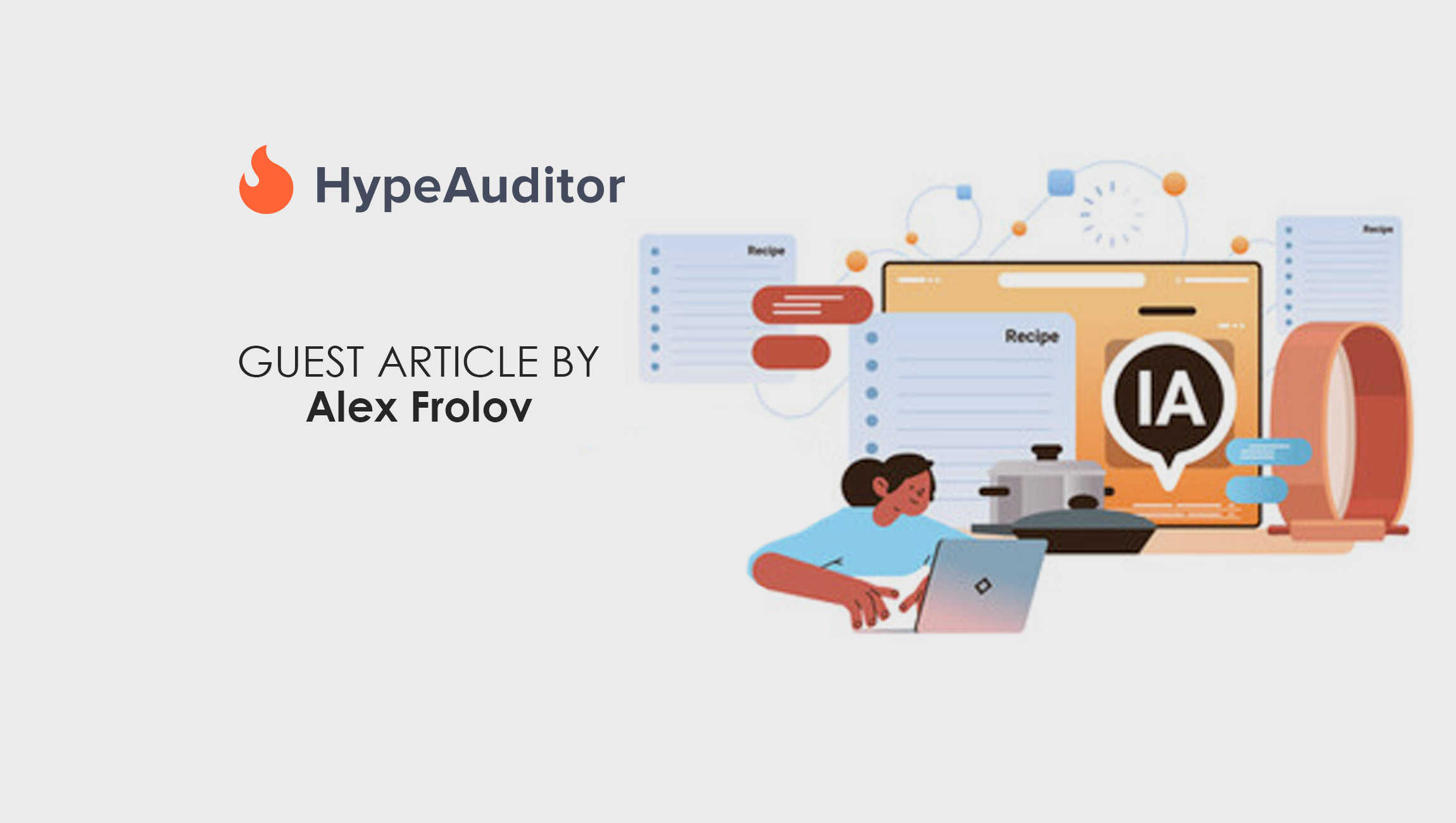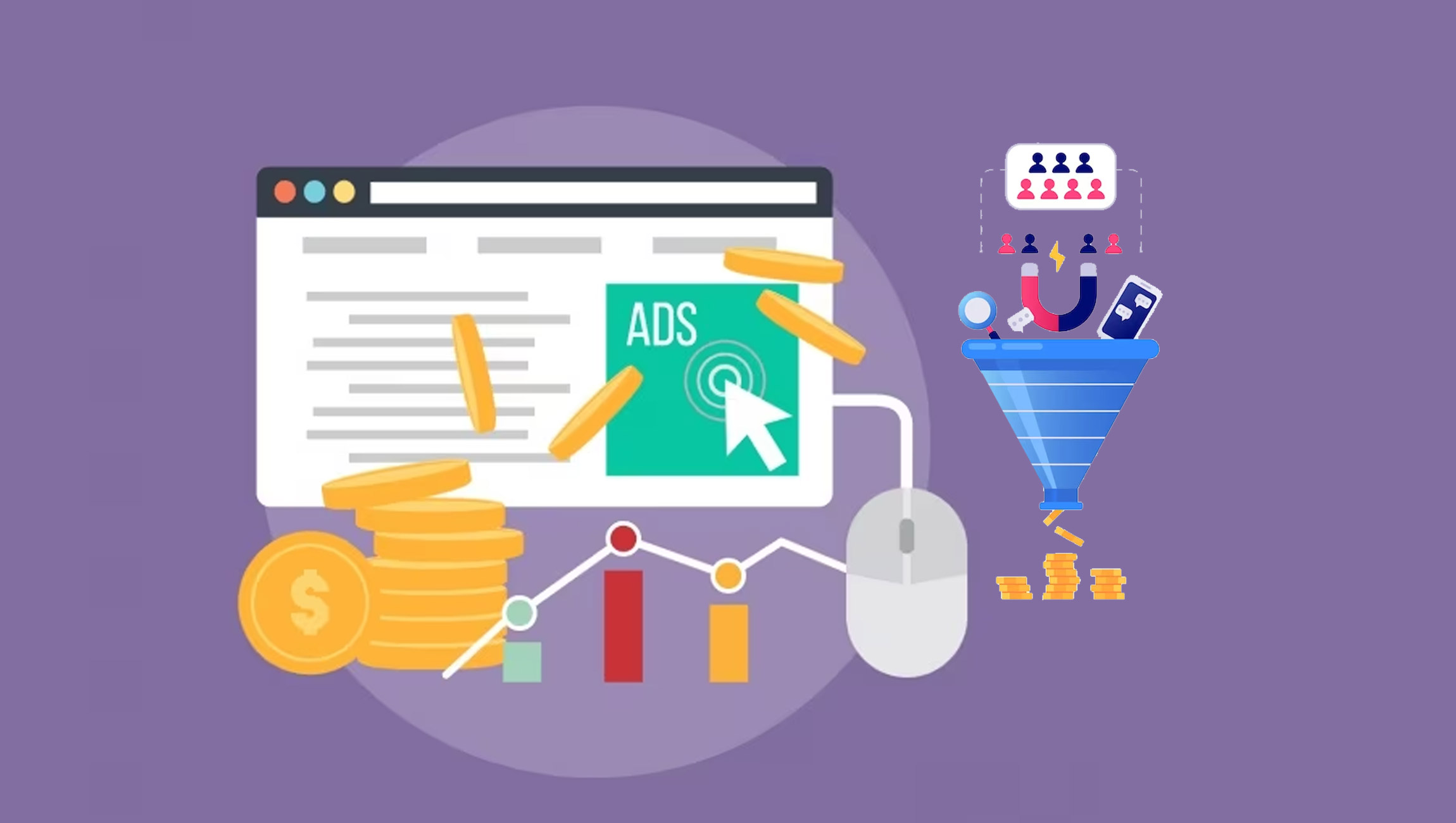AI has taken the world by storm. Consumers and creators alike are scrambling to grasp just how their work will be affected by the rise of generative AI tools like ChatGPT and how they can stay ahead of the curve.
For influencers, the concerns are perhaps more dire. If AI tools become advanced enough to create viral online posts, at scale, and at a fraction of the cost of traditional influencer work, the industry cannot remain the same. Right now, the existence of tools that advanced is not a matter of “if”, but “when”.
However, this is far from a call for influencers to dash off to other careers. If mastered correctly and efficiently, these tools can help creators to leverage better content at faster rates to become even more efficient.
Marketing Technology News: MarTech Interview with Kala Halbert, Director of Marketing, Prophia
Understanding how AI fits into your marketing landscape
Influencer marketing is still an important part of the marketing playbook, and this is unlikely to change in the near future. According to a recent survey by Influencer Marketing Hub, 41% of marketers believe advancements in AI technologies will revolutionize the industry. In fact, AI is already transforming content analysis and production and providing significant advantages for companies in this space.
With the use of AI-powered tools, brands have been able to easily analyze influencer content and make better informed decisions when selecting the right influencers to work with. Not only are these tools being used to extract comments from posts and obtain detailed sentiment analysis, but they help to detect fraudulent activities and streamline the entire influencer selection process by providing valuable insights into individual characterization.
The battle against influencer fraud is ongoing. In the past, bots relied on stolen photos and repetitive text, but now they can generate unique photos and texts, making them more difficult to distinguish. Fraudsters are constantly adapting their methods and AI systems must continually evolve to counter these new tactics. As great as these tools are, human vigilance and manual verification processes remain essential to ensuring the integrity and authenticity of influencer marketing campaigns.
Previously, influencer marketers would spend hours assessing the suitability of influencers for their brand. Now, with AI, this process takes only minutes.
Transparency and regulation
While content creators and influencers begin to experiment with generative AI images, sounds, social media filters and even AI influencers, marketers and brands are having to prioritize transparency and tighten brand safety measures. Determining ownership rights for content generated through AI tools can be complex, to say the least.
It is only fair for influencers who rely on AI to develop their content to also practice transparency and disclose its usage. If there’s one lesson learned from social media, it’s that honesty – or in this case transparency – is the best policy. We’ve seen many influencers tangled in webs of scandal around overly edited pictures in the past, and while there were talks of transparency laws, these have not come to fruition.
Generative AI in particular, poses a significant challenge when it comes to copyright and intellectual property. While these tools can generate impressive content based on brief descriptions, they are– unsurprisingly– not creating material out of thin air. They rely on existing data and work by generating output based on what they have been trained on. With this comes several legal concerns and risks, especially regarding copyright and IP infringement.
For influencers, AI transparency could be as simple as the current process for disclosing sponsored posts, just highlighting to the audience that tools and technologies are involved in the content they are posting. It is crucial to find a balance that allows for the innovative use of AI tools while also respecting intellectual property rights and providing clarity on ownership and legal responsibilities. Ultimately, the collaboration of stakeholders, legal experts, and policymakers will be essential in shaping the future landscape of AI-generated content in relation to copyright and intellectual property.
The future is now
The rise of AI will undoubtedly change every industry. We’re seeing it happen right now.
As with any new technology, there are positive and negative aspects to consider. AI tools are the start of a long and likely permanent change in the influencer marketing landscape, so don’t be the last to jump on the bandwagon.
As AI adoption increases, we’ll see industry leaders everywhere upscaling themselves in AI, and like anything new, this is the perfect time to experiment and learn alongside others or risk being left behind. By embracing this new wave, influencer marketing leaders can achieve greater campaign efficiency and success, but there are still challenges to work through. Yes, it may be up to institutions and governments to ensure that the proper laws are in place, but ultimately individuals are responsible for the ethical use of these tools and innovations.
From where we are standing, AI is an unavoidable part of the future, and should not be seen as a threat. Instead, we encourage influencer marketers and leaders across all industries to embrace this opportunity to work in a more dynamic way and reduce friction. Put simply, if all roads lead to AI adoption, why take the long way around?
Marketing Technology News: Future of Retail Martech Part 1: Personalisation and AI











